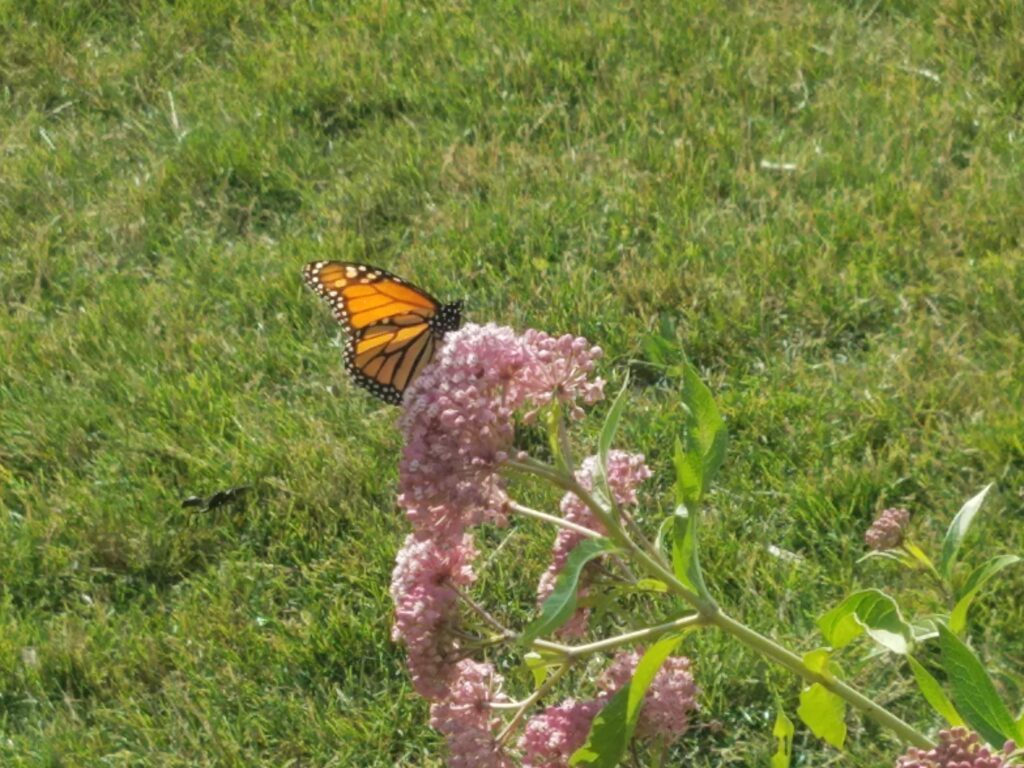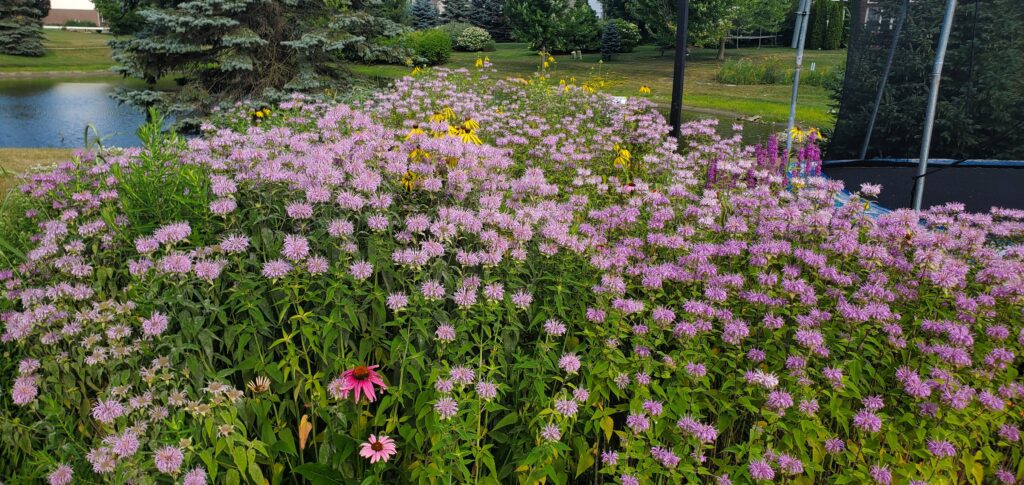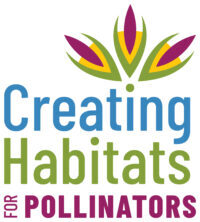About Creating Habitats for Pollinators
Founded by long-time Canton resident, businessman, and board member, David Hammond, Creating Habitats for Pollinators (CHP) is the culmination of nearly 5 years of pollinator plantings in SE Michigan and beyond. After initially operating as a field-of-interest fund at the Canton Community Foundation, CHP received its own 501 (c) (3) certification in the fall of 2022.
Over the last 5 years, Hammond and CHP have been responsible for over a dozen plantings in the Plymouth/Canton area as well as plantings in VT, NH, and KY. Those plantings included several elementary schools. CHP has also served as a consultant for wildflower planting projects in NY, MA, and RI. Additional pollinator plantings are being added every month.
Mission
Recognizing the critical importance of pollinating insects like bees, butterflies, beetles, moths, and other pollinators in supporting healthy ecosystems, agricultural systems, and human health, Creating Habitats for Pollinators (CHP) plants native wildflowers in North America to increase pollinator habitat and engage public and private communities about the importance of native landscaping.



Why are Pollinators important?
Pollinators are essential. The ecological service they provide is necessary for the reproduction over 85% of the world’s flowering plants, include more than two-thirds of the world’s crops. They are also the keystone species in most terrestrial ecosystems. The United States alone grows more than 100 crops that benefit from pollinators and their economic value is estimated at $3 billion/year in the U.S. (Xerces.org)
However, pollinators are under threat.
According to Penn State’s College of Agricultural Science / Bee Informed Partnership, U.S. beekeepers have lost ~30% of their colonies every year since 2006, with total annual losses sometimes reaching as high as 42%. Dramatic population changes in other insect pollinator species, including wild bee species, flies, butterflies, and beetles have also been observed. In summer 2022, maybe the best-known pollinator, the monarch butterfly, was officially designated as endangered by the International Union for Conservation of Nature.
Two of the primary culprits in pollinator declines are habitat loss and pesticide use.
One way we can help? Plant more habitat.
benefits of CHP plantings
- · Help threatened, pollinating insects and animals by planting new native habitat
- · Assist important high-profile “indicator” species
- · Engage schools & communities with meaningful service projects
- · Bring different people together for a common goal (i.e. not political)
- · Engage students and faculty in the importance of pollinators in our everyday lives
- · Give students a better understanding of native ecosystems, habitat restoration, and land use management
